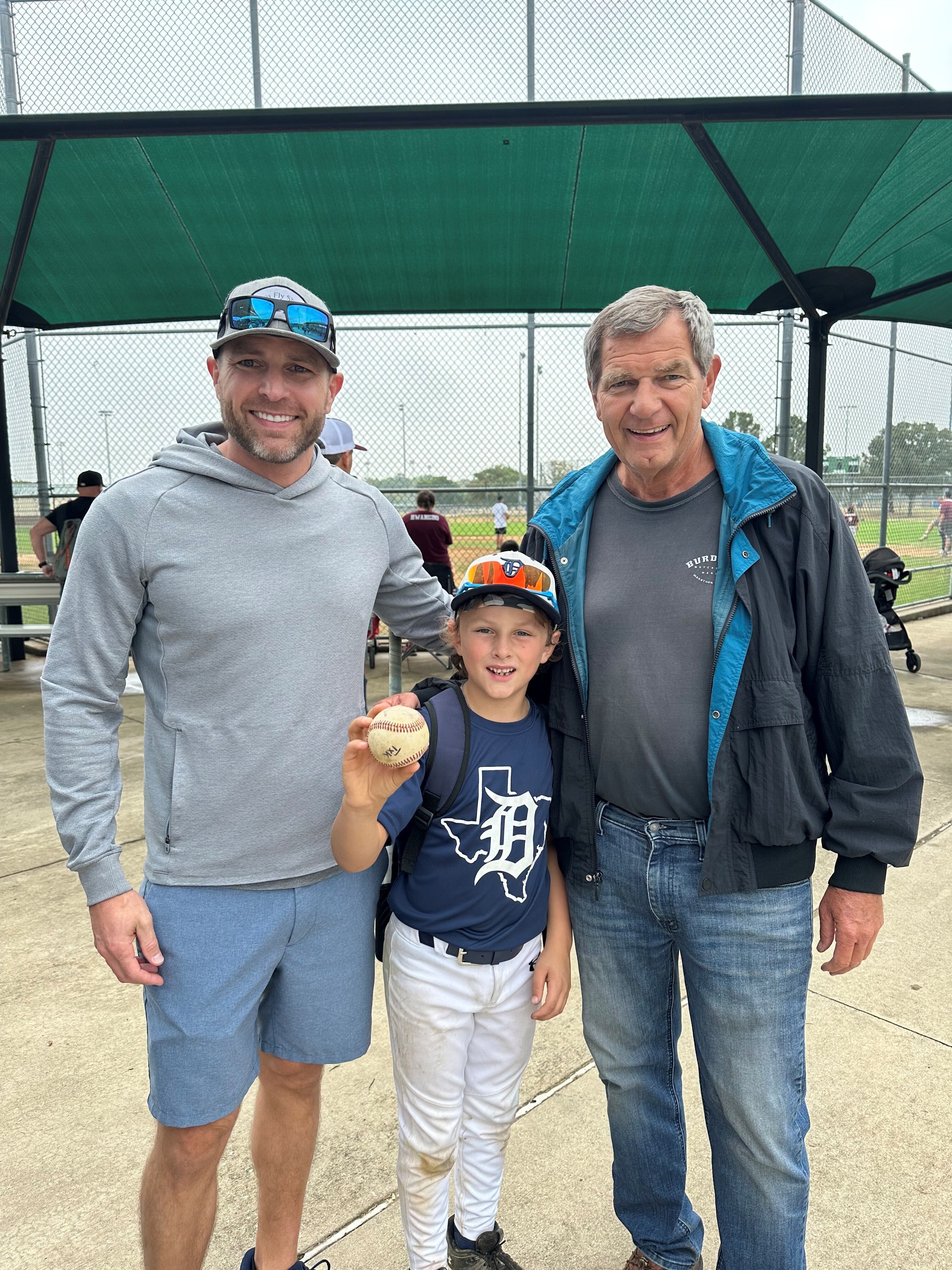At CFO Selections, we may work in numbers… but we’re in the business of people. Because behind every financial report is a person making hard decisions, and behind every engagement is a human-to-human connection. In this series, we’re shining a light on those stories — introducing the consultants who guide our clients forward and the leaders who bring those numbers to life.
_____________________________________________________________________________________________________
Pat Monaghan will tell you that the highlight of his accounting and finance career isn’t where he’s worked, but who he’s worked with along the way.
Getting to know the people behind the operation
On a typical day at Lighthouse for the Blind in Fort Worth, Patrick Monaghan could walk through the manufacturing floor and find himself in conversations that had nothing to do with accounting. “I’d talk with the workers, get to know them and their personalities,” he says. “And enjoy the great sense of humor they brought to their work.” Patrick wasn’t just a finance leader moving through a cost center. He was part of a community. This moment says more about Patrick’s career than any job title could.
For more than three decades, finance has been his way of showing up for people: students, parents, faculty, adoptive families, volunteers, blind workers, attorneys, and nonprofit boards. He manages budgets, sure. But his real work lives in the relationships he builds.










